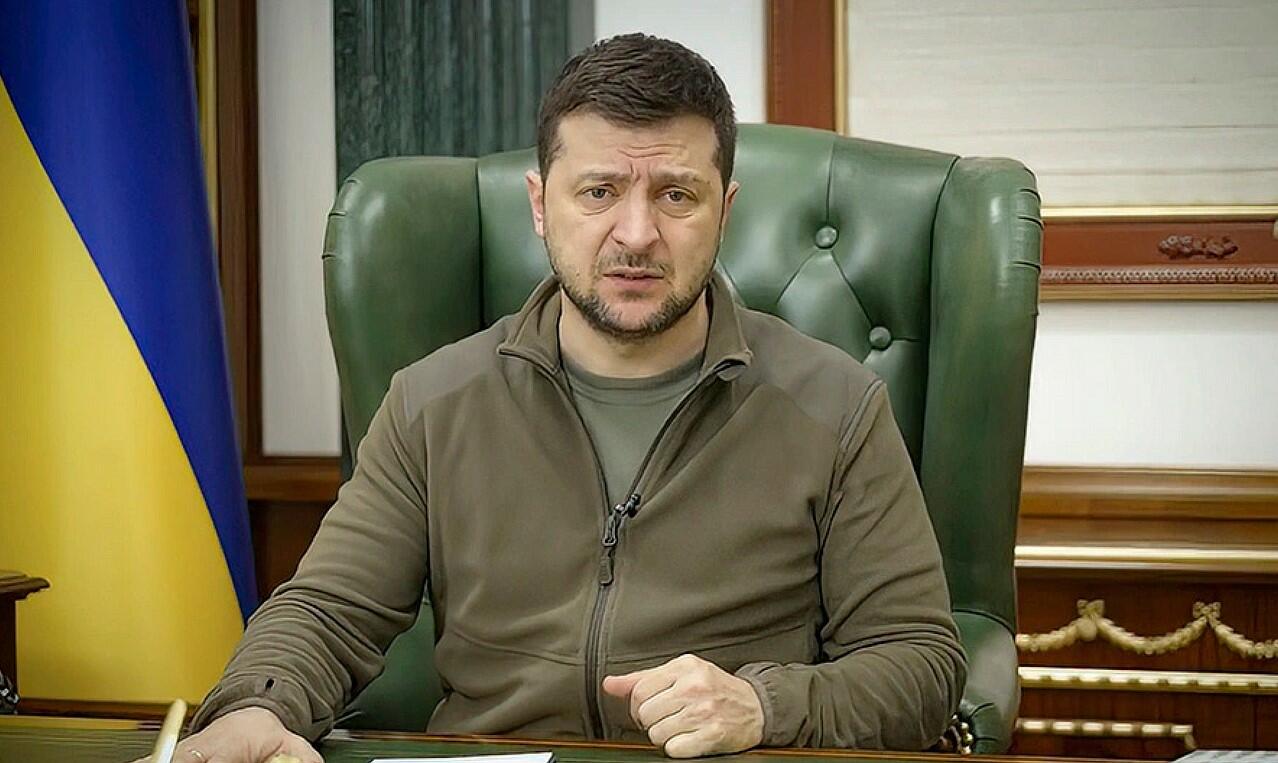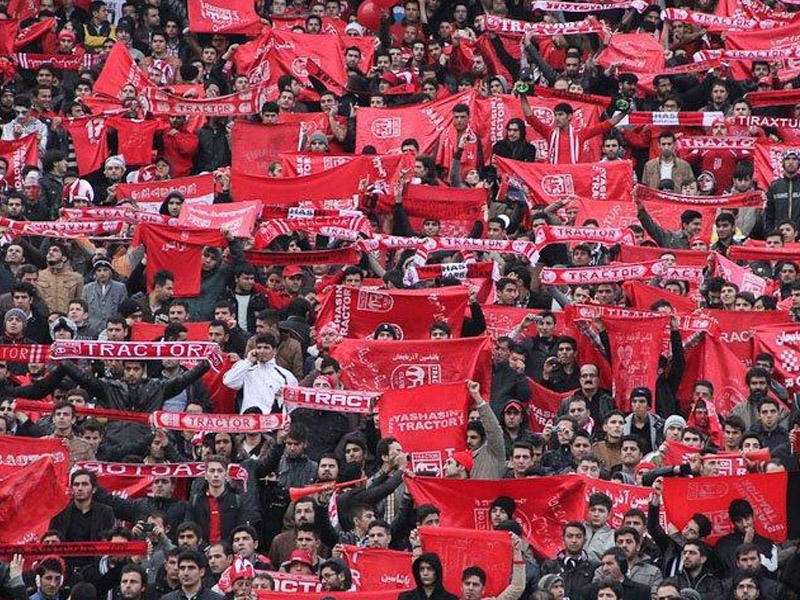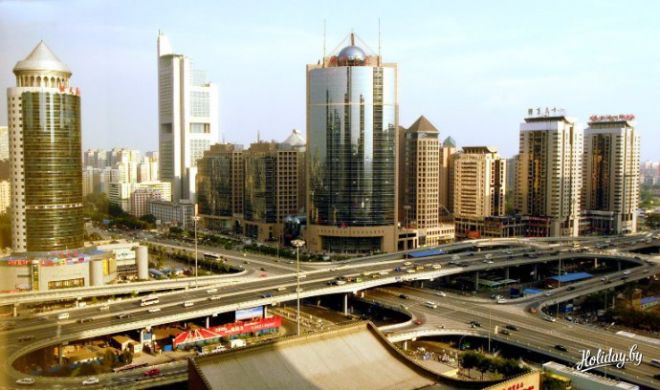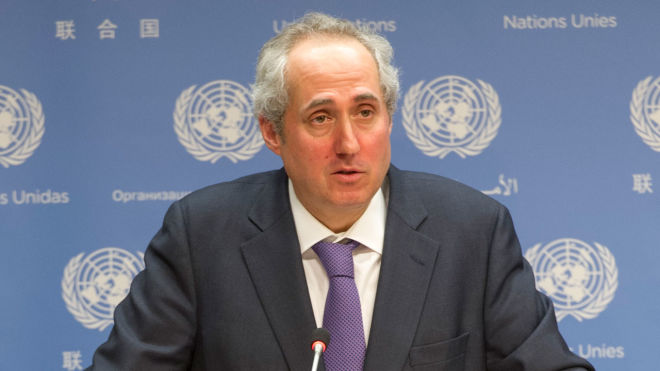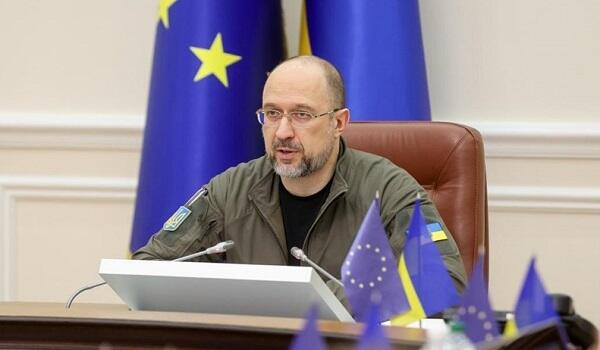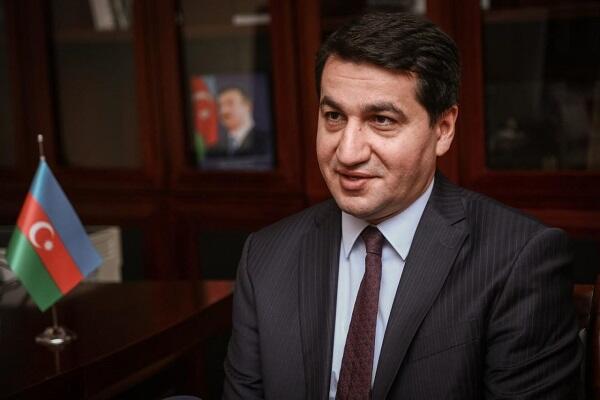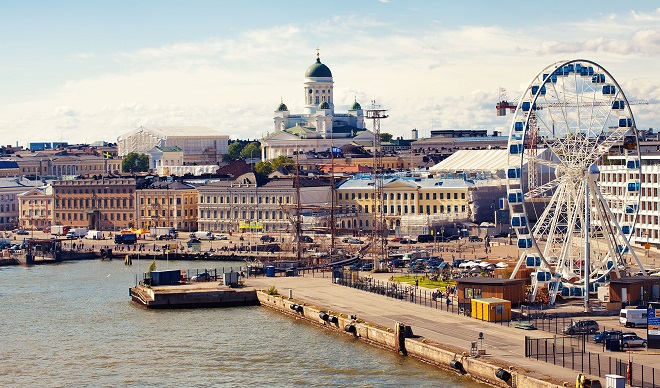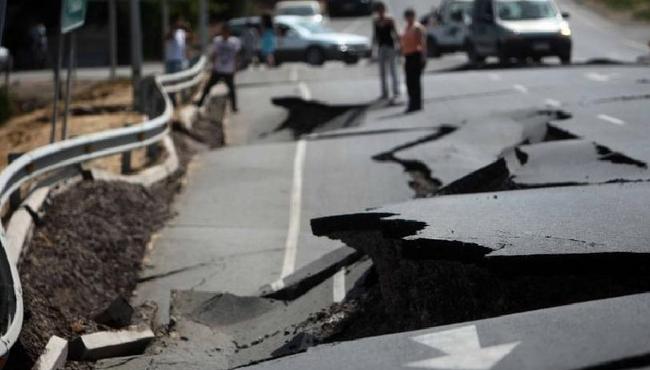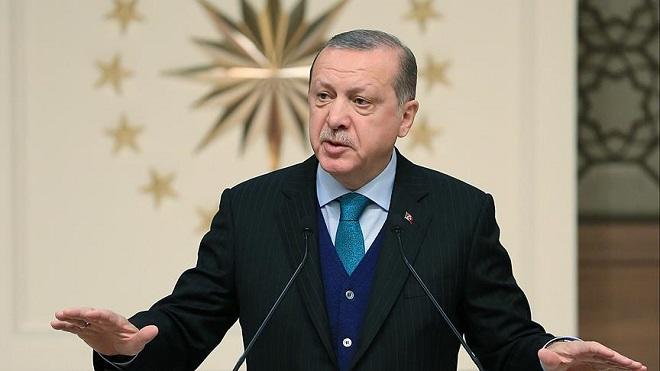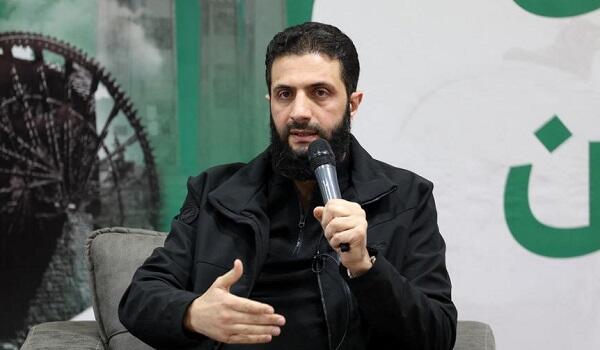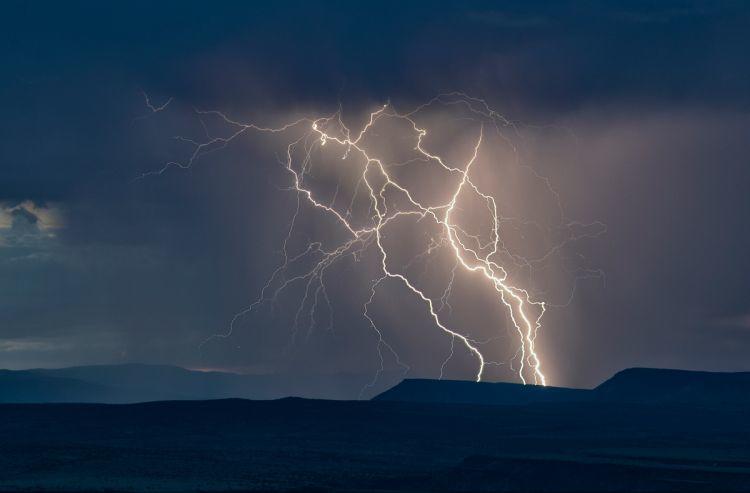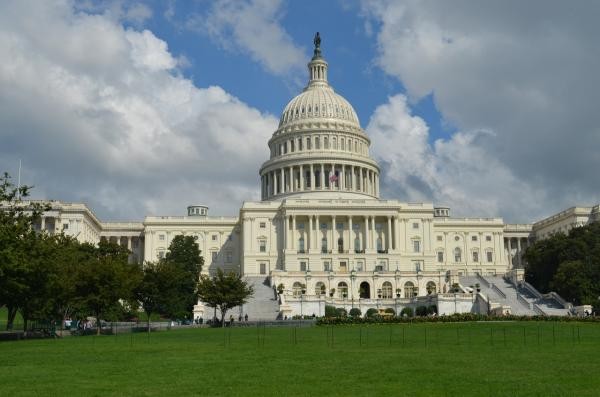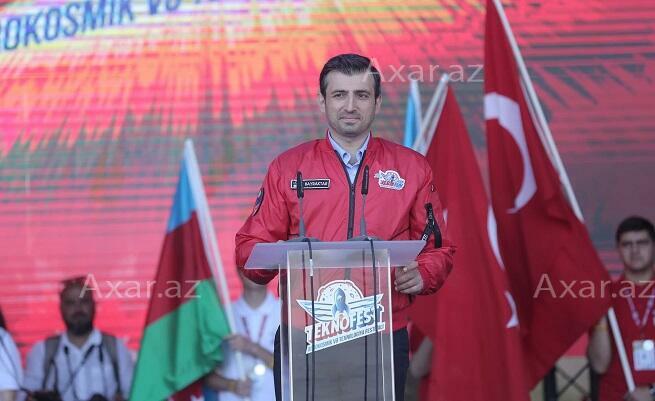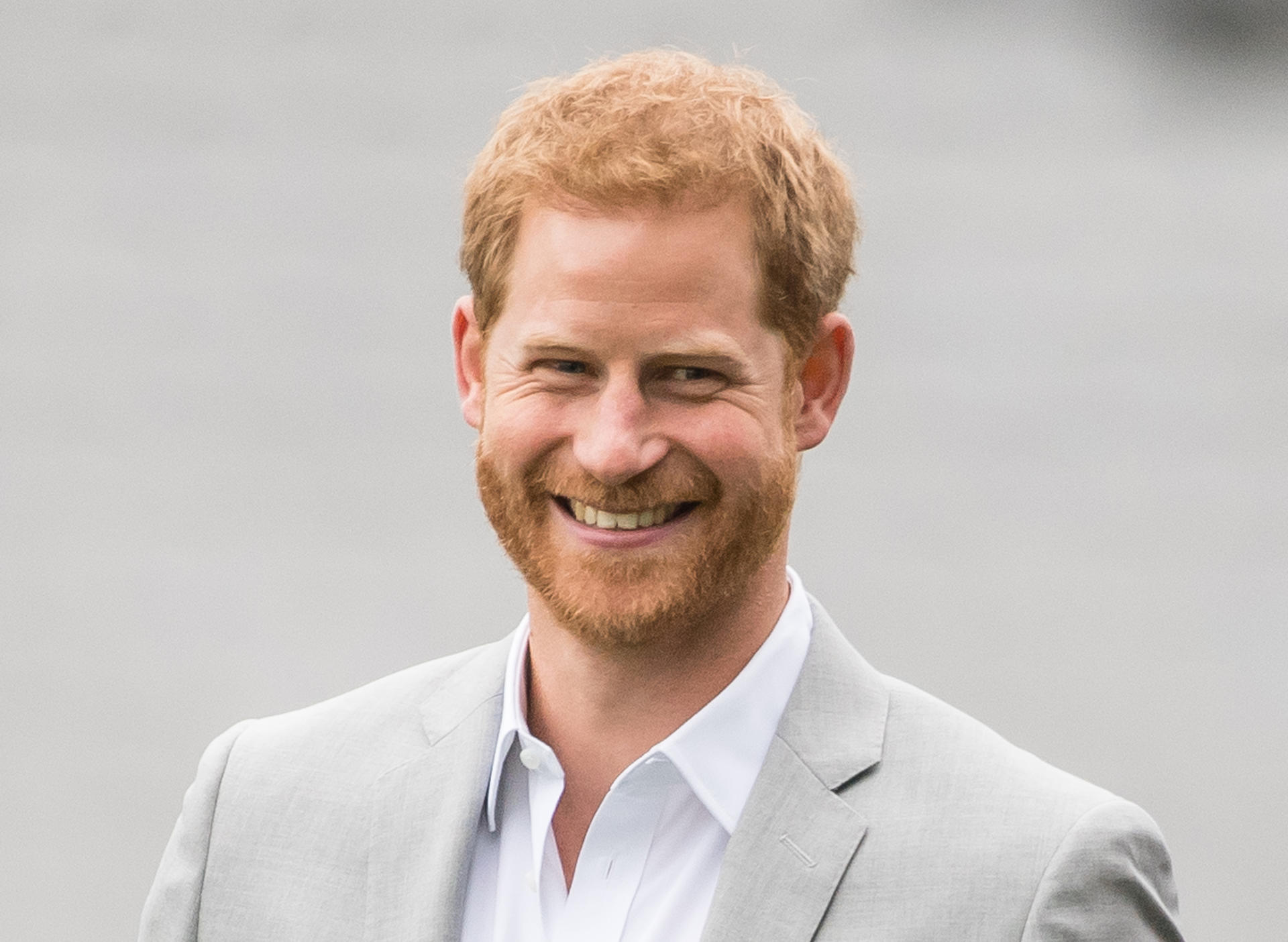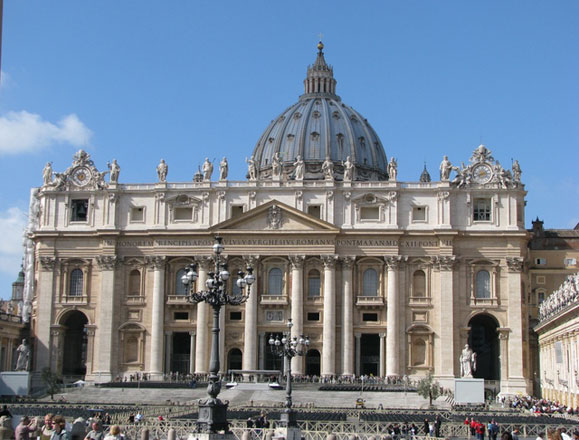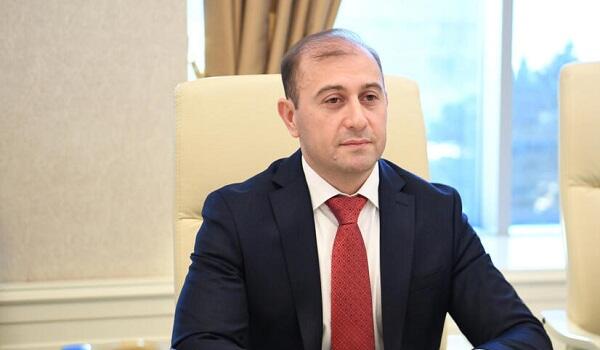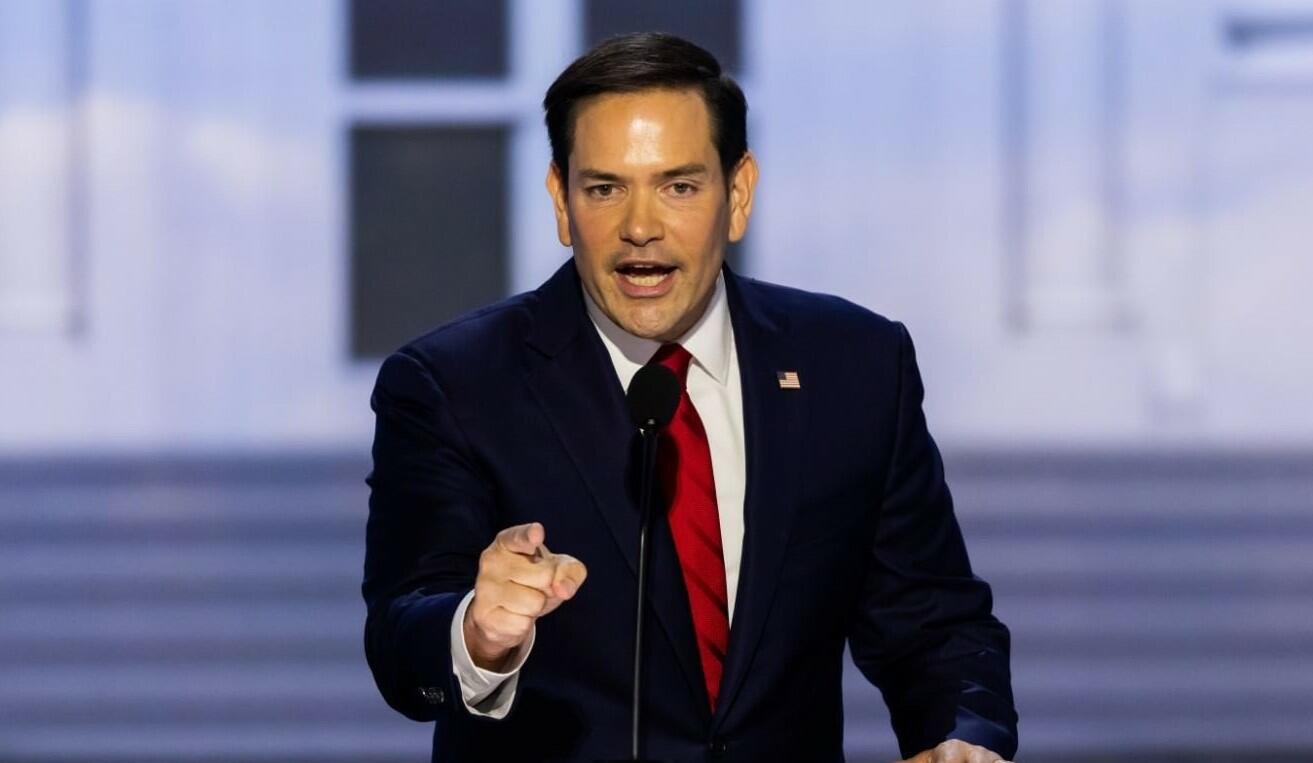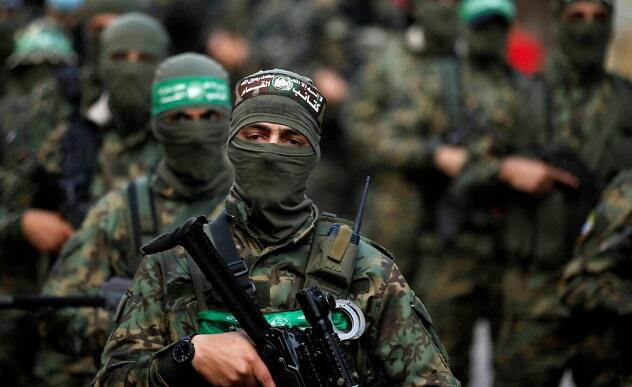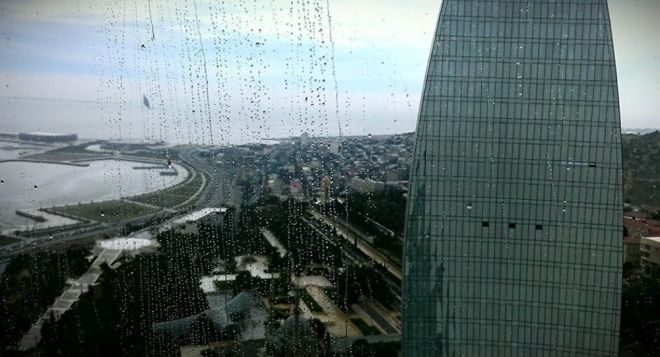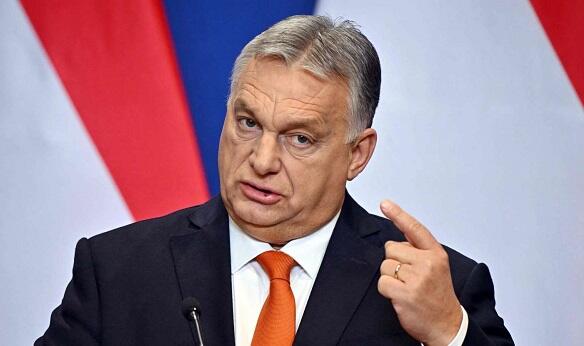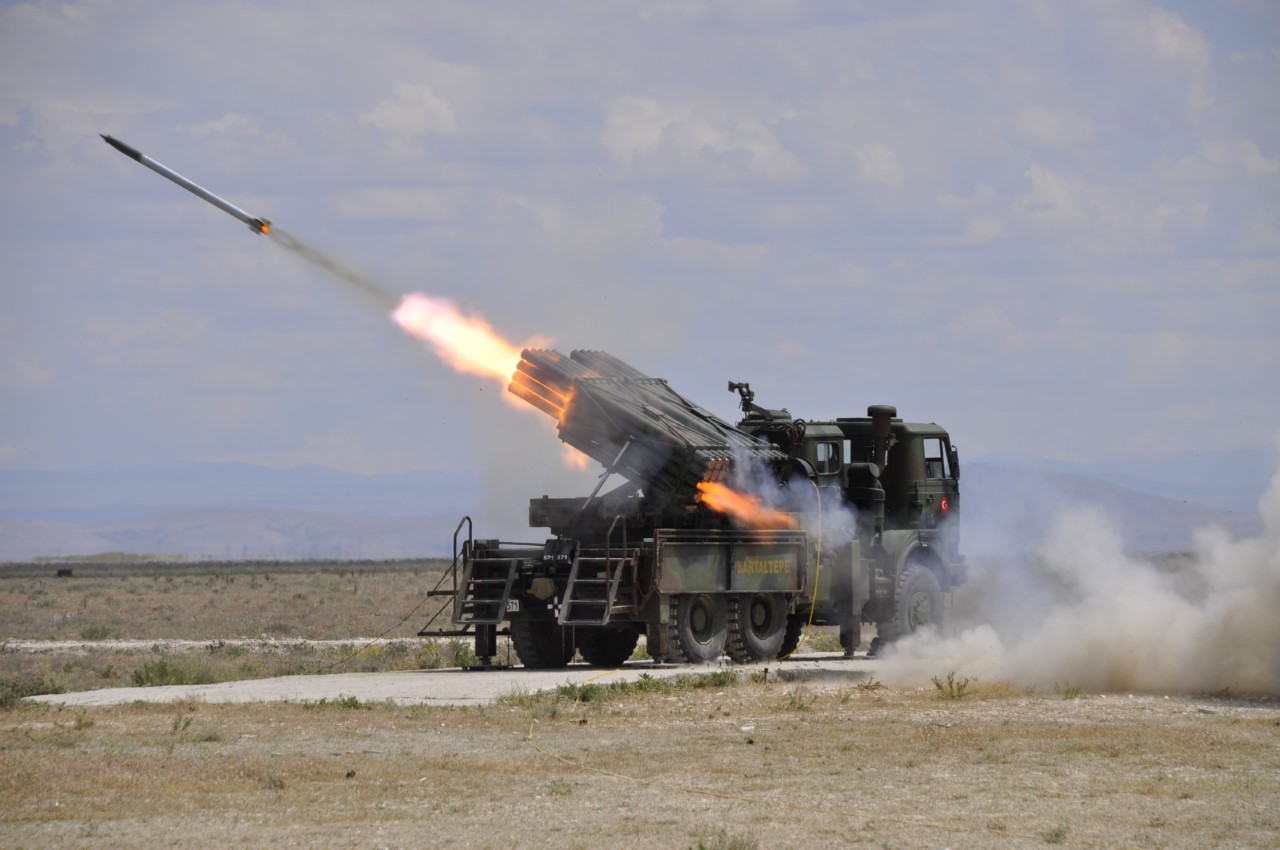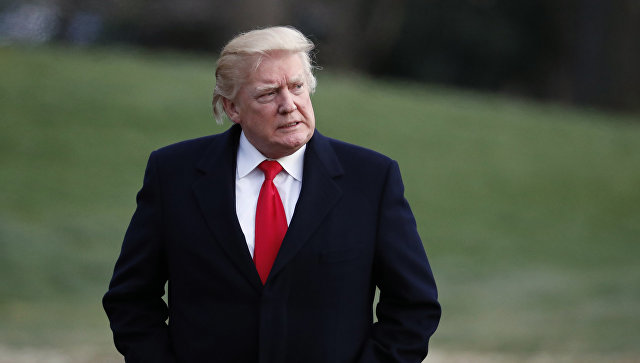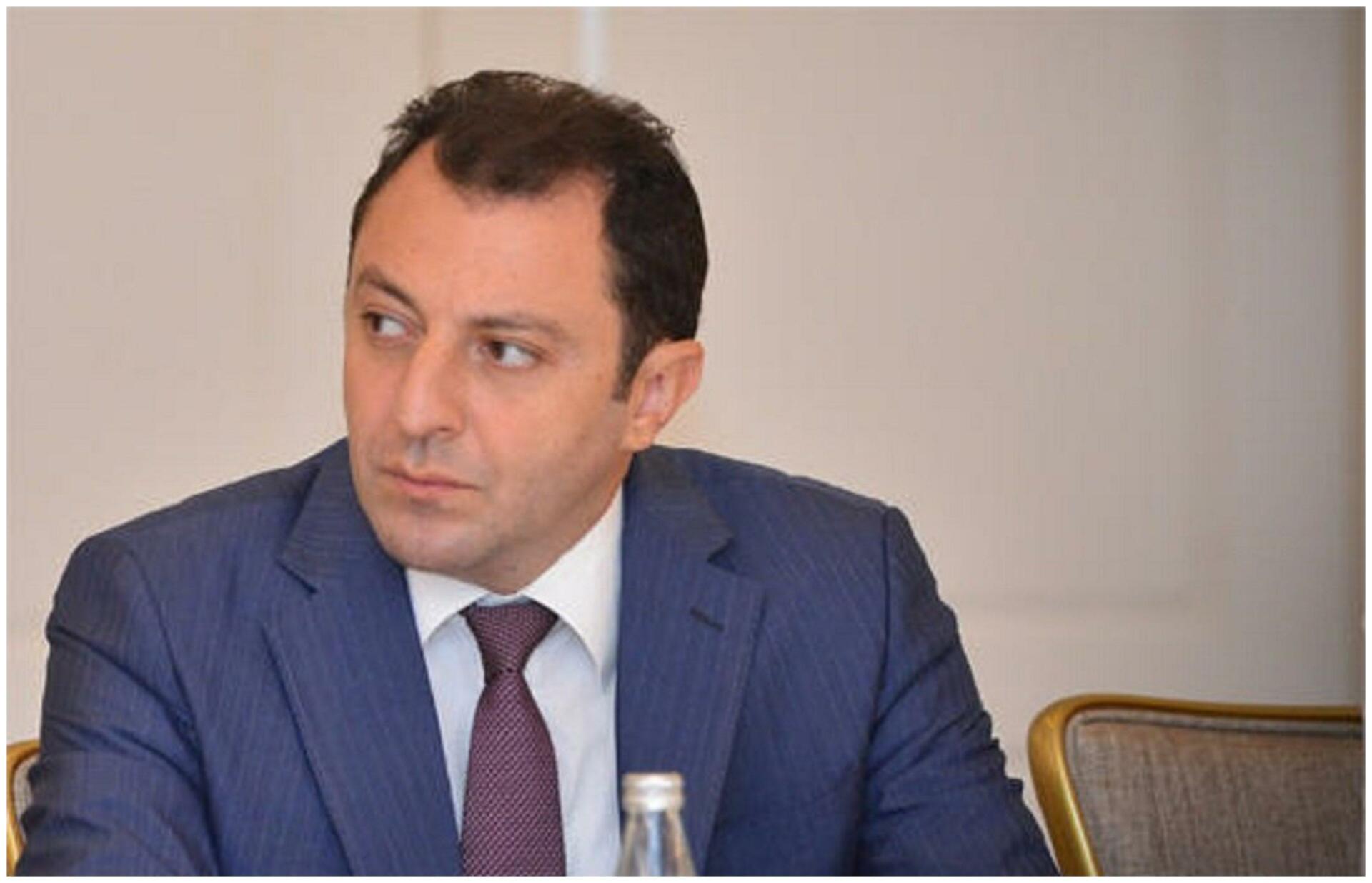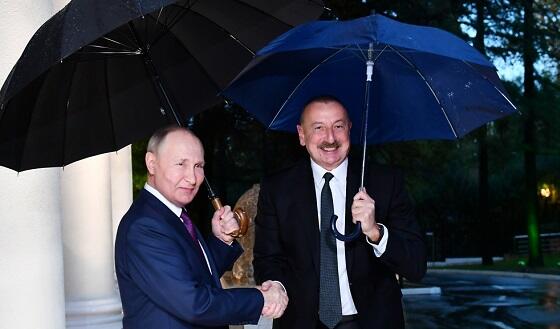Axar.az presents the statement made by American political analyst Andrew Korybko on the recent developments in relations between Iran and Armenia and their future consequences.
- Armenia-Iran relations have deepened, Tehran And Yerevan have become sister cities, and Anna Hakopyan visited Iran. How all of these will affect the region?
- There’s nothing wrong in principle with any pair of countries comprehensively deepening their relations as long as this isn’t driven by the intent to harm the interests of any third party. In the case of Armenian-Iranian ties, it would be premature to predict that they’ll take the form of an anti-Azerbaijani military alliance, for instance. Rather, what seems to be happening is that Armenia is actively diversifying from its erstwhile disproportionate dependence on Russia by reaching out to the EU, India, Iran, and the US.
- How will it affect Russia-Armenia relations and what will happen to Azerbaijani-Russian relations after all of this?
- Russian economic influence remains predominant in Armenia but its political influence has been declining since Prime Minister Pashinyan came to power after a Color Revolution. Generally speaking, Armenia’s newfound relations with the EU, India, Iran and the US don’t risk eroding Russia’s economic influence, but the Western vector of its so-called “balancing act” could accelerate the decline of its political influence. In response, Azerbaijani-Russian ties will likely strengthen to restore regional balance.
- What do you think about the future of the Northern Iranian region that some regard as Southern Azerbaijan?
- Ethnic Azerbaijanis are an integral part of Iranian society and have historically been so, yet some elements among them have recently expressed separatist sentiments. They claim that this is in reaction to alleged violations of their human rights, which Tehran denies. Whatever the truth may be, no foreign forces should meddle in Iran’s sovereign issues, the same as they shouldn’t meddle in any other countries’ either such as Azerbaijan’s issues with some Armenian separatists in Karabakh.
